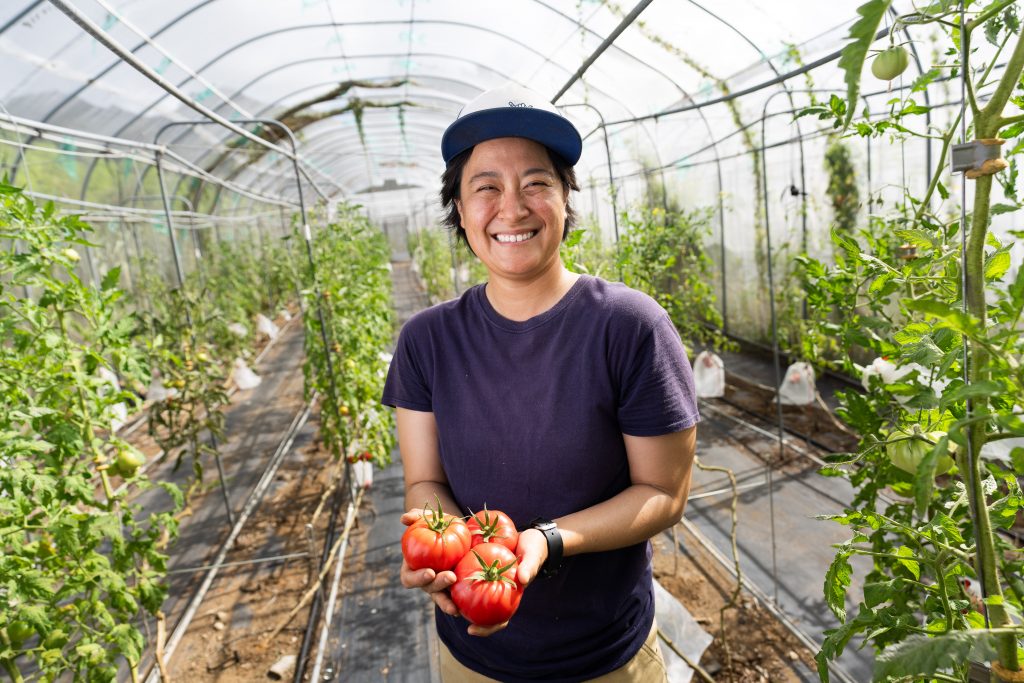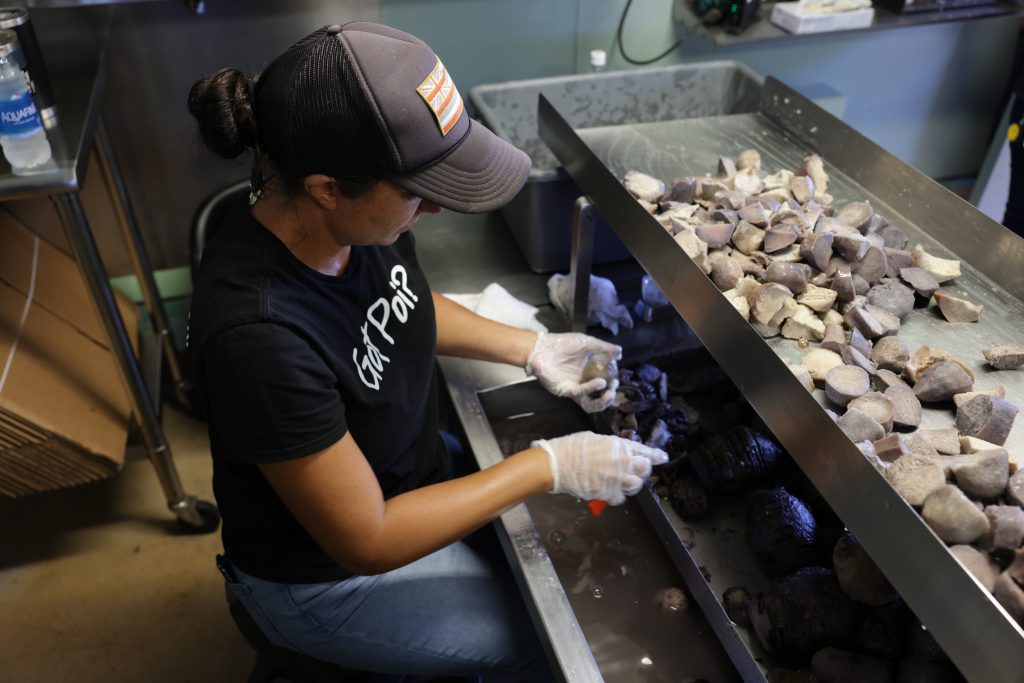Feed The Hunger Fund awards $260,000 to 3 Hawaiʻi small-scale food entrepreneurs

Feed The Hunger Fund, a federally-certified Community Development Financial Institution in Hawaiʻi and California, has awarded $260,000 to three small-scale food entrepreneurs as part of a financial collaboration with Hawaiʻi Pacific Health and Kamehameha Schools totaling more than $1 million.
Hawaiʻi Pacific Health and Kamehameha Schools each provided $525,000, largely in loans, to Feed The Hunger Fund, which helps create access to opportunity and funding for greater food security and sustainability.
Among the first businesses receiving loans from Feed The Hunger Fund:
Kanekoa Farms

- Founded in 2021 by Gina Kanekoa in response to the COVID-19 pandemic which rattled the food and restaurant industry, Kanekoa Farms provides high-quality vegetables to chefs so that they can showcase the beauty of local produce. As one of three winners of Kamehameha Schools’ 2022 Mahiʻai Match-Up competition, the Waimānalo-based business secured an agricultural lease agreement on Kamehameha Schools’ lands in East Honolulu on Oʻahu.
- The farm used the $15,000 in funding to buy a hook and trellis system for its tomato crop.
Mokuwai Piko Poi

- Home of the “Poi Pops,” Mokuwai Piko Poi is a family-owned poi mill located in Honoka‘a along the Hāmākua Coast of Hawai‘i Island, which sources kalo (taro) from Kaua‘i and Waipiʻo Valley. Mokuwai Piko Poi received $95,000, allowing the business to purchase heavy machinery.
Mokuwai Piko Poi

- Based in Makaweli Valley, Aloha ‘Ᾱina Poi Company’s goal is to provide the highest quality kalo products to reinvigorate and support a thriving mahiʻai kalo (kalo farming) complex in west Kauaʻi. The farmer-owned enterprise is centered on ʻāina-based community enrichment, empowerment and economic development.
- The company received $150,000, which went toward new equipment and building renovations to expand refrigeration storage capabilities, as well as additional delivery vehicles and staff, ecommerce enhancement and facility upgrades.
Most of Hawaiʻi’s more than 7,300 farms are small farms, and 80% of Hawaiʻi farms have annual sales under $25,000. Access to low‐interest loans is identified as the top barrier and a solution to increasing local food production. Small entrepreneurs identified a need for low‐interest loans but had difficulty accessing commercial loans due to collateral barriers or lease terms.
Feed The Hunger Fund’s mission is to alleviate hunger and poverty by using the platform of microloans and small loans to low‐income individuals. Many borrowers are identified as women, Native Hawaiian, and of immigrant status residing or working in low‐resourced communities.
“By investing in the establishment and expansion of healthy, locally-sourced food-based businesses, low-income communities gain greater food equity and security, as well as increased economic and environmental vitality,” said Feed The Hunger Fund CEO and Co-Founder Patti Chang.






_1768613517521.webp)

